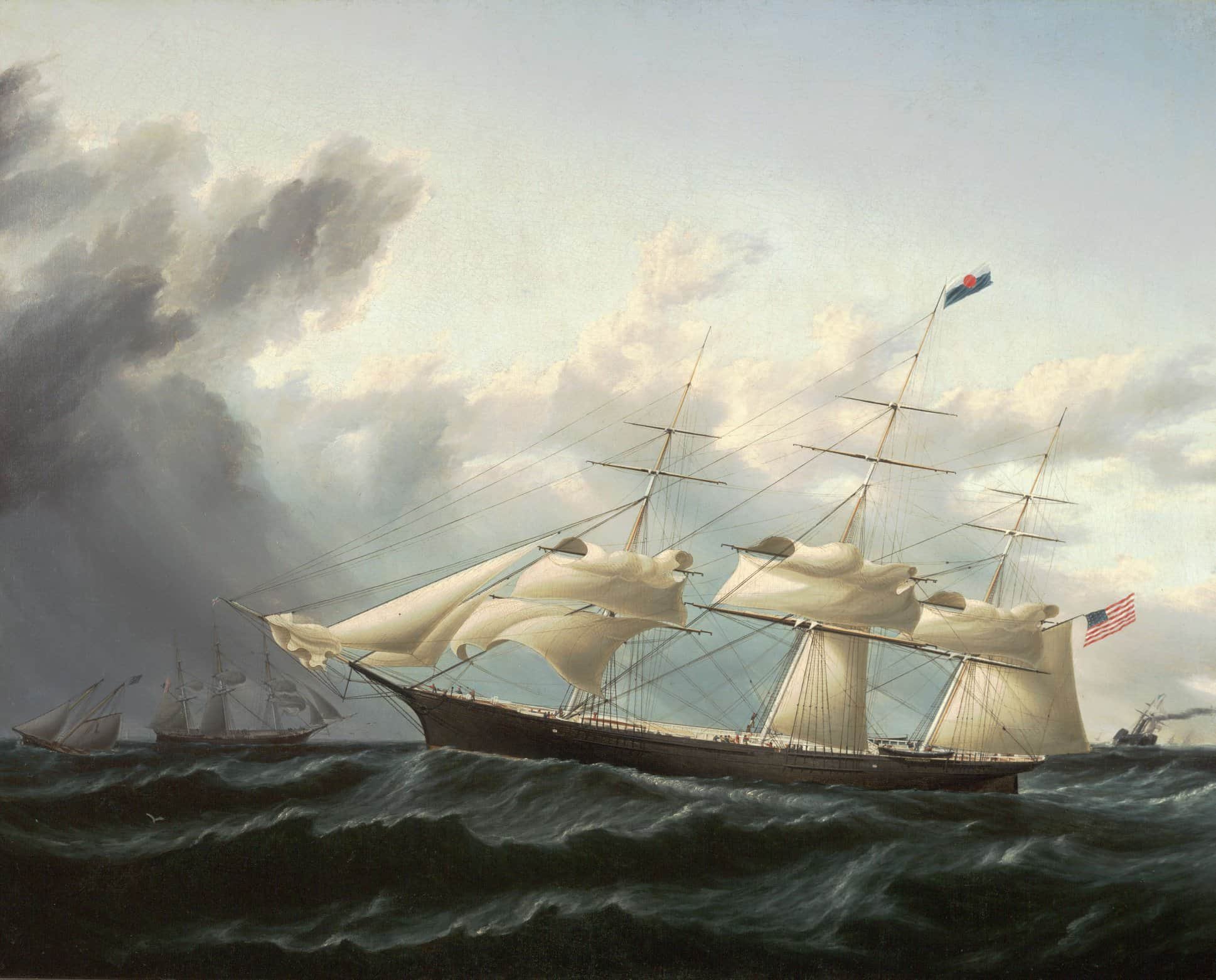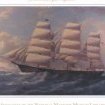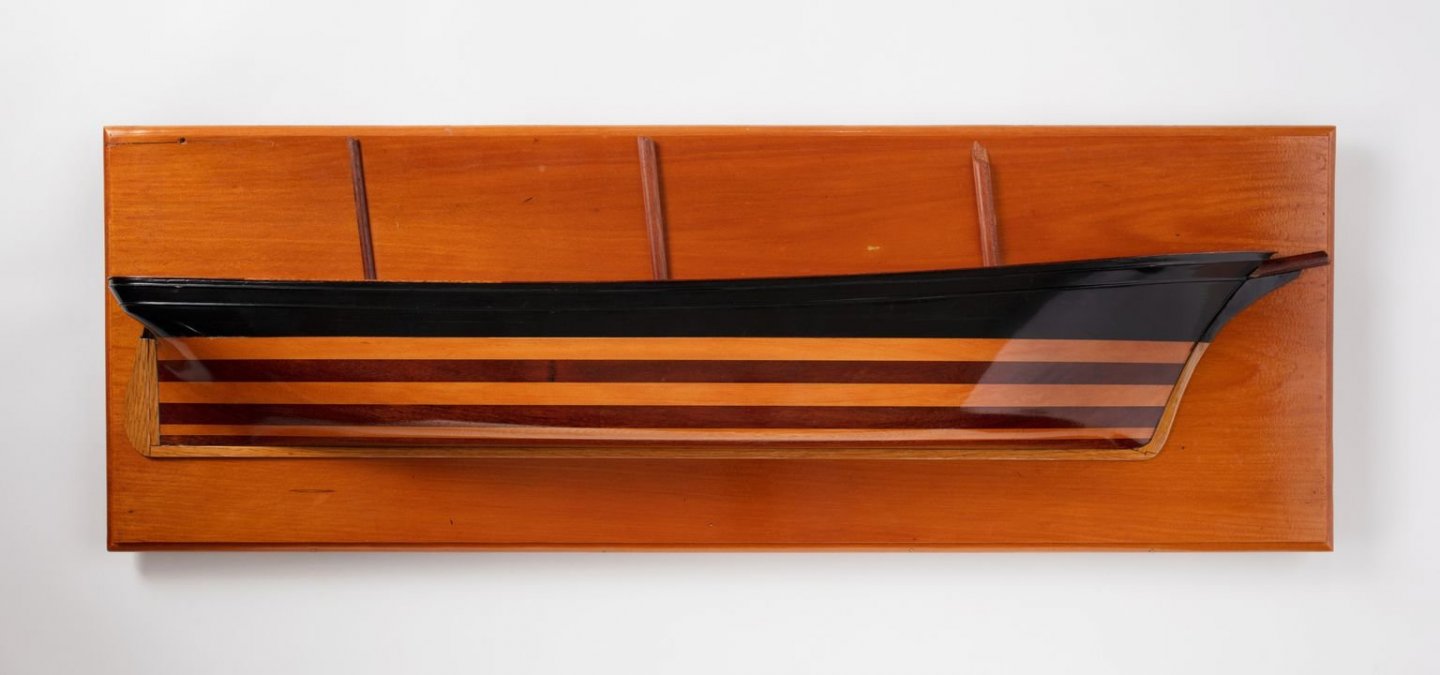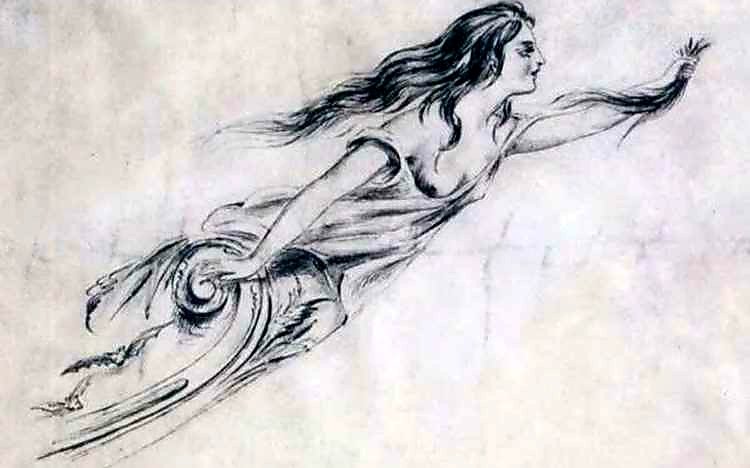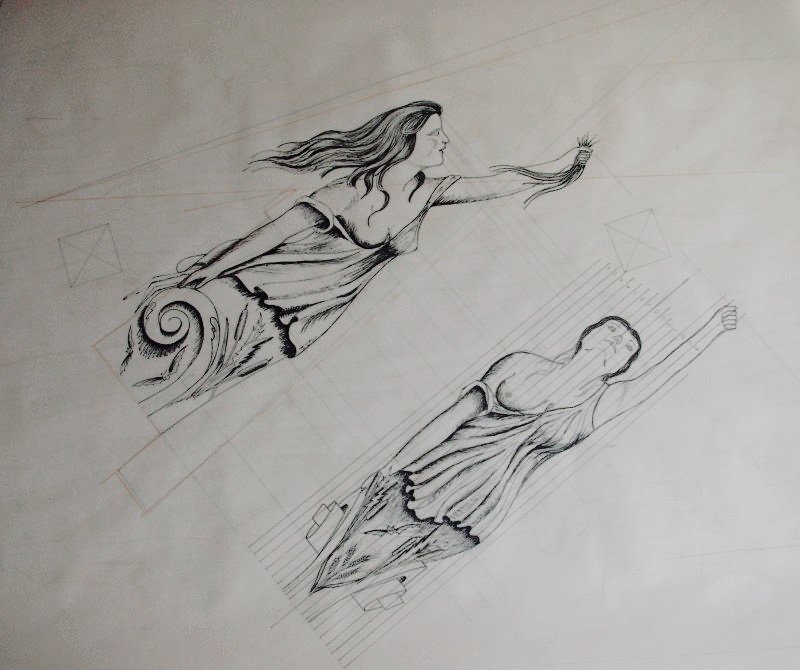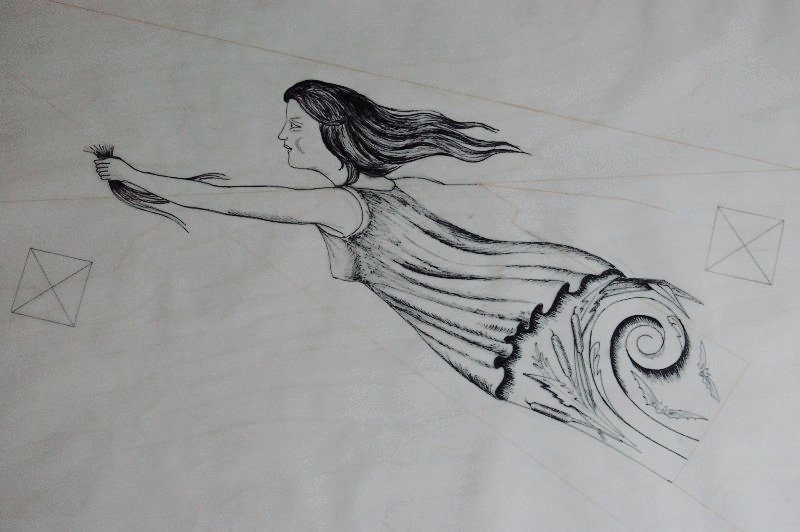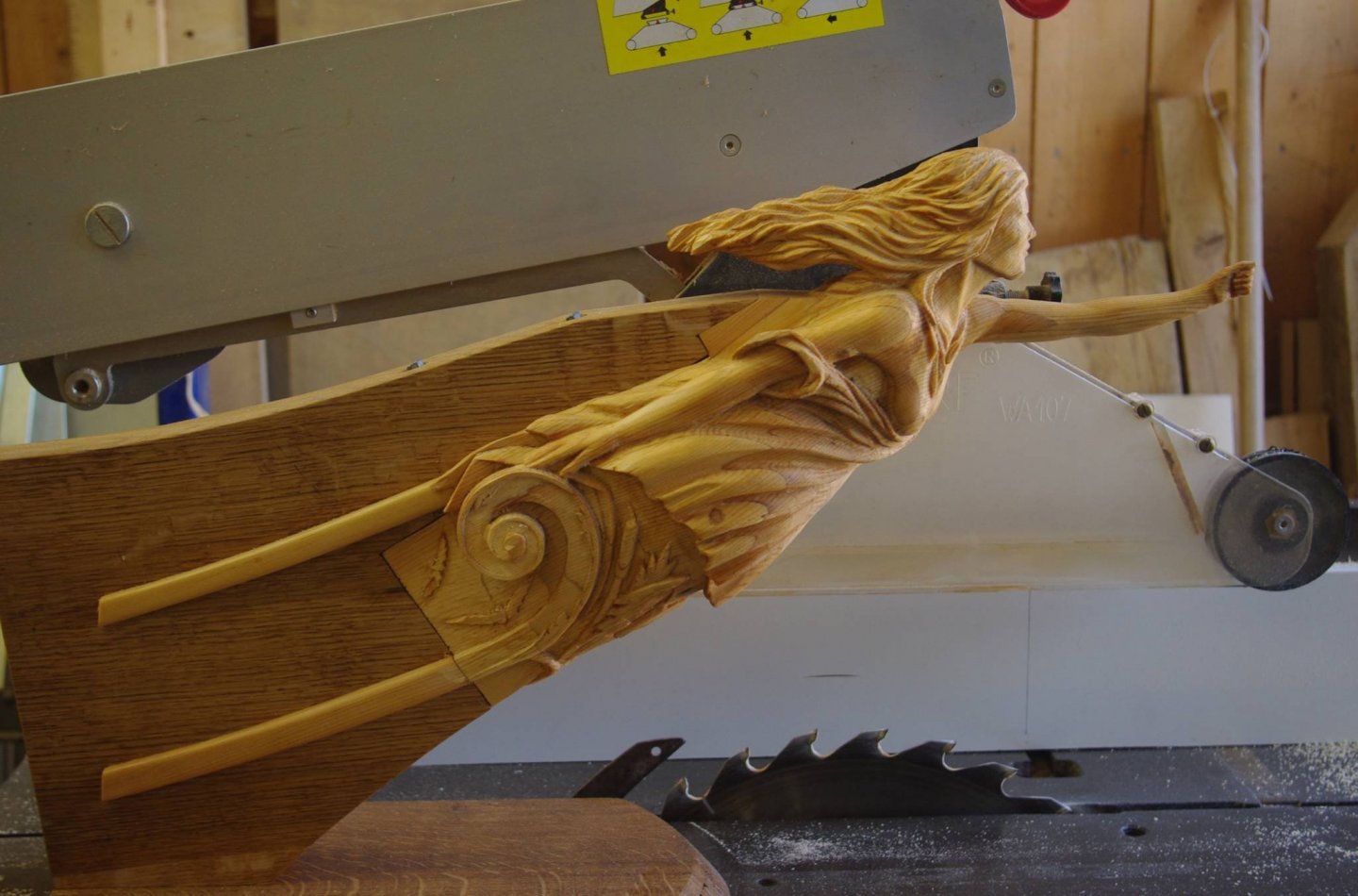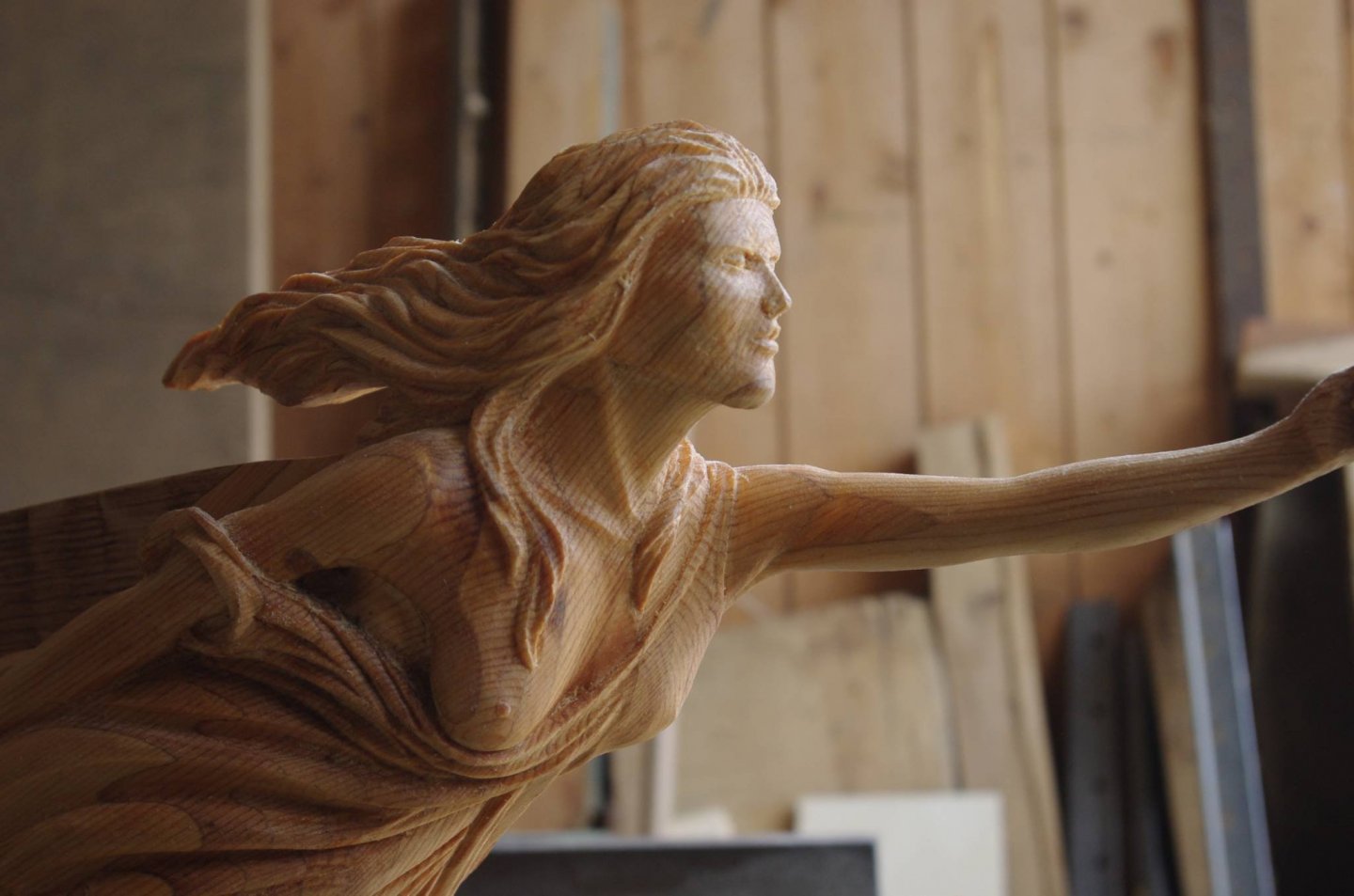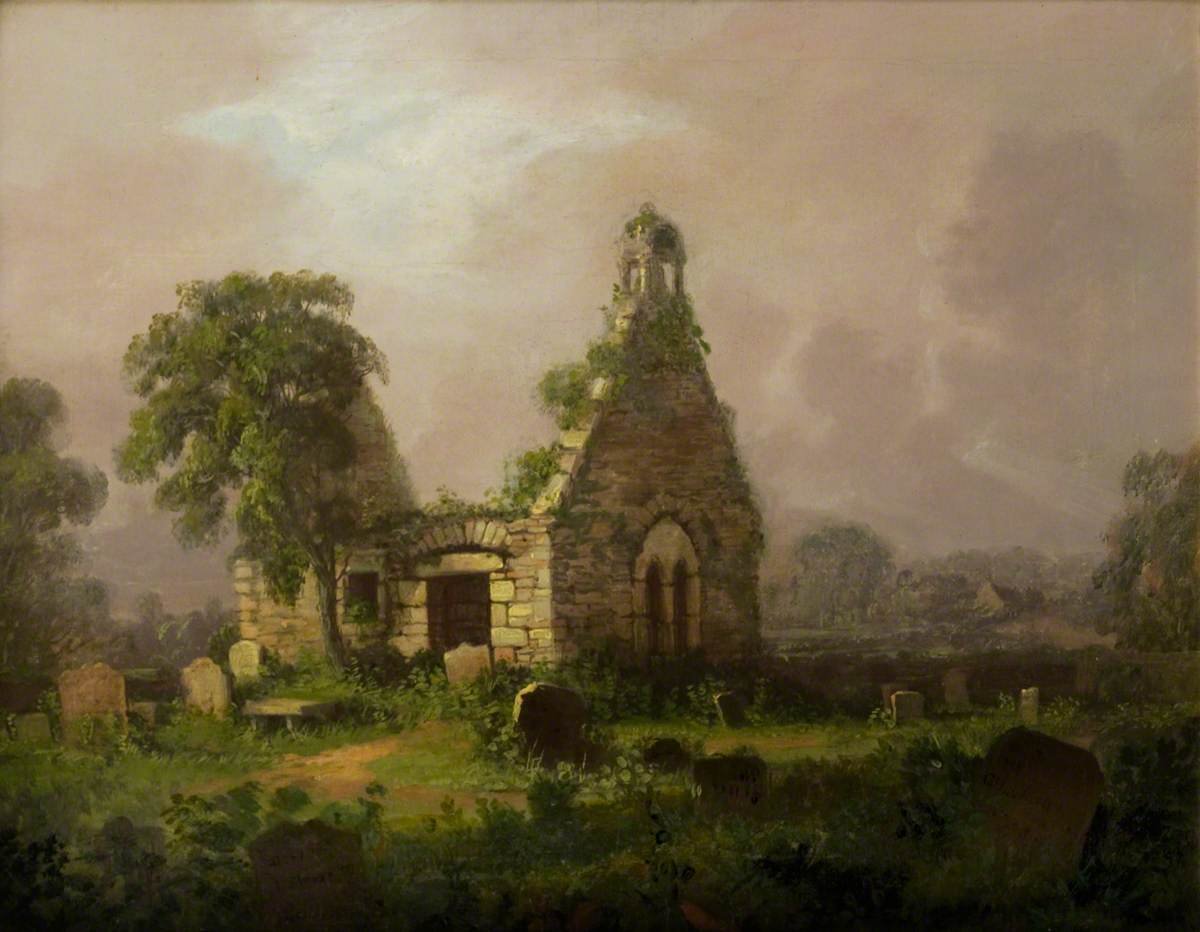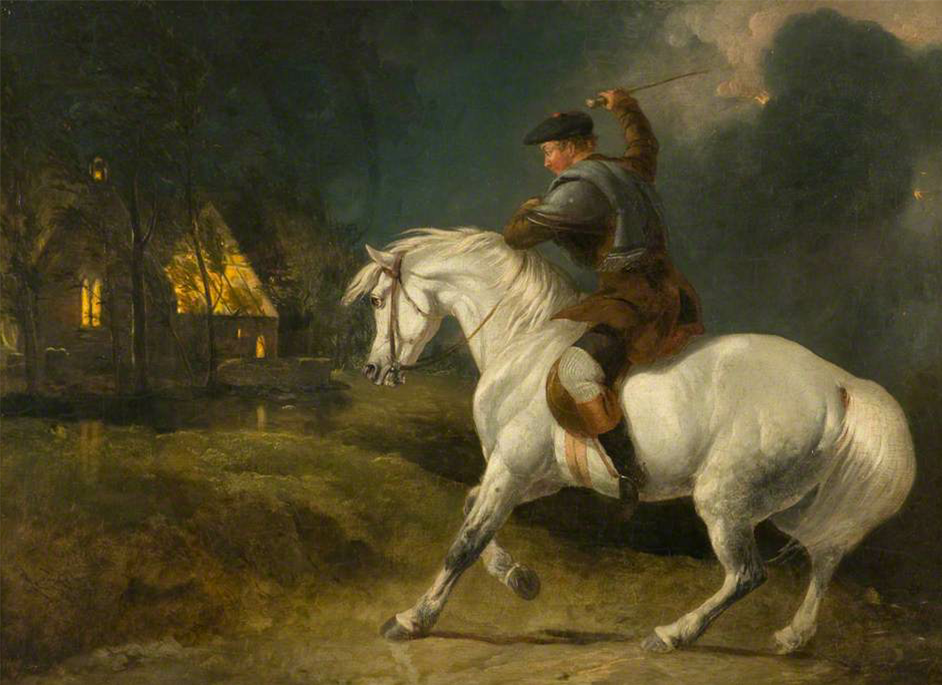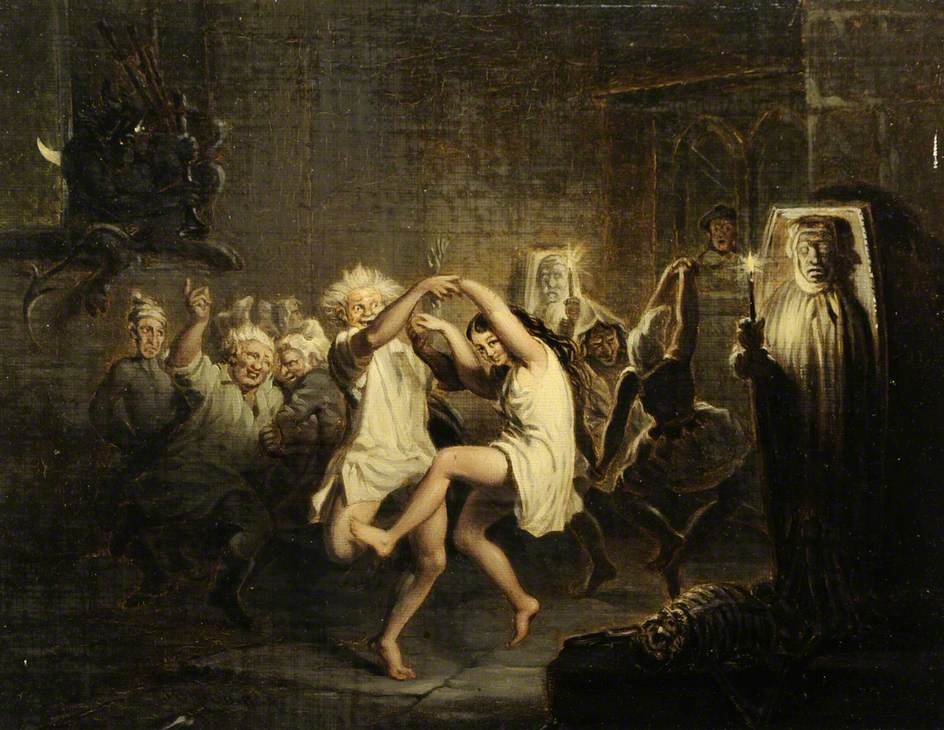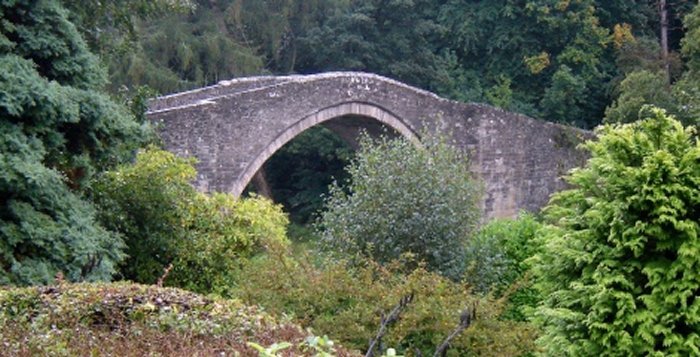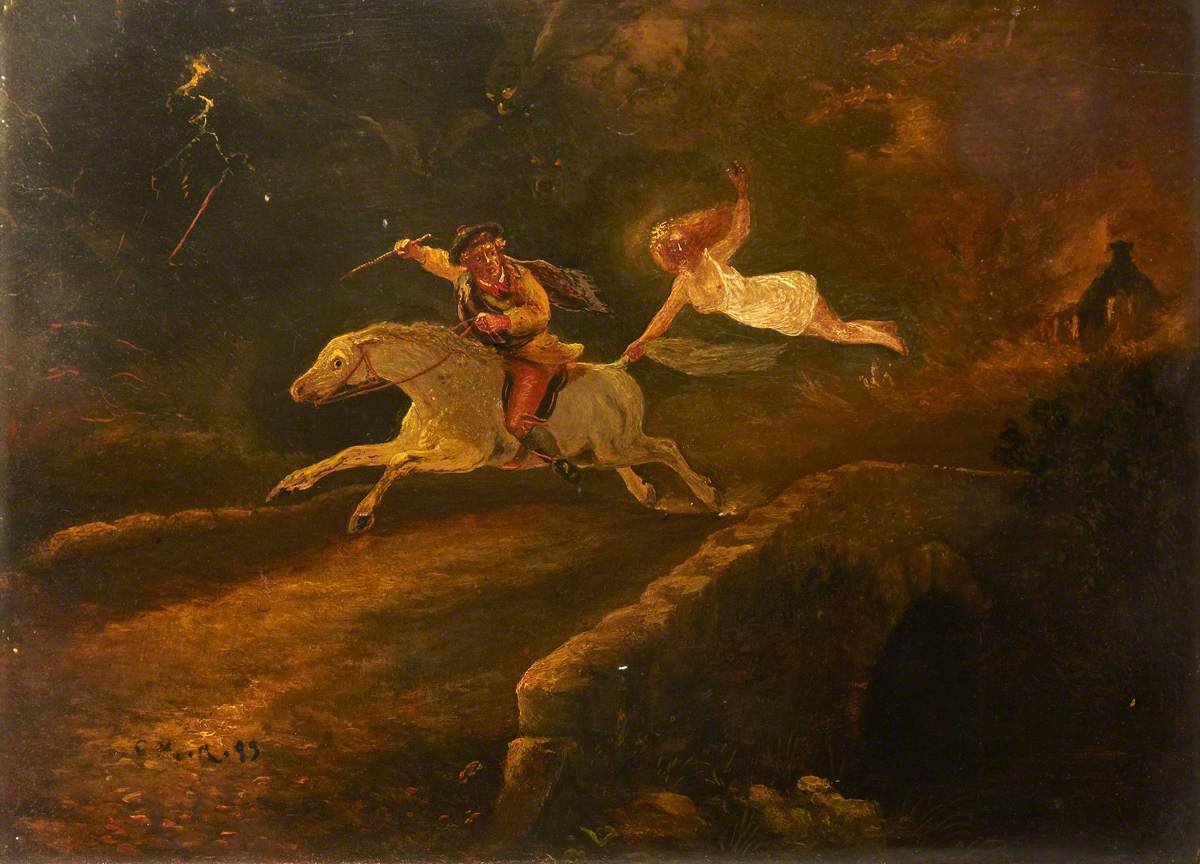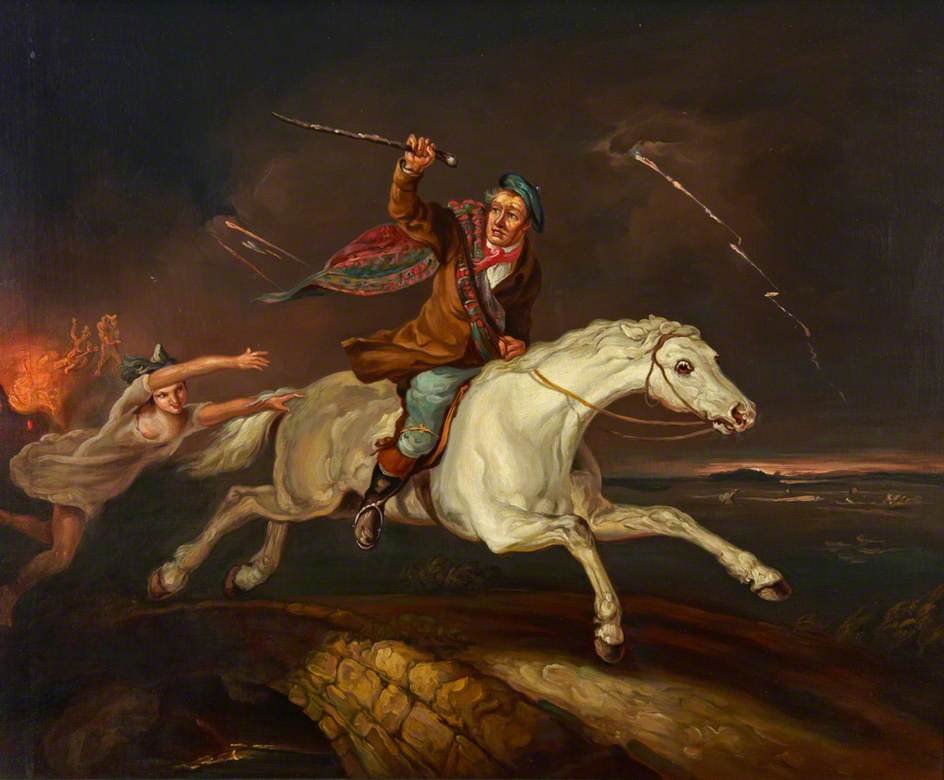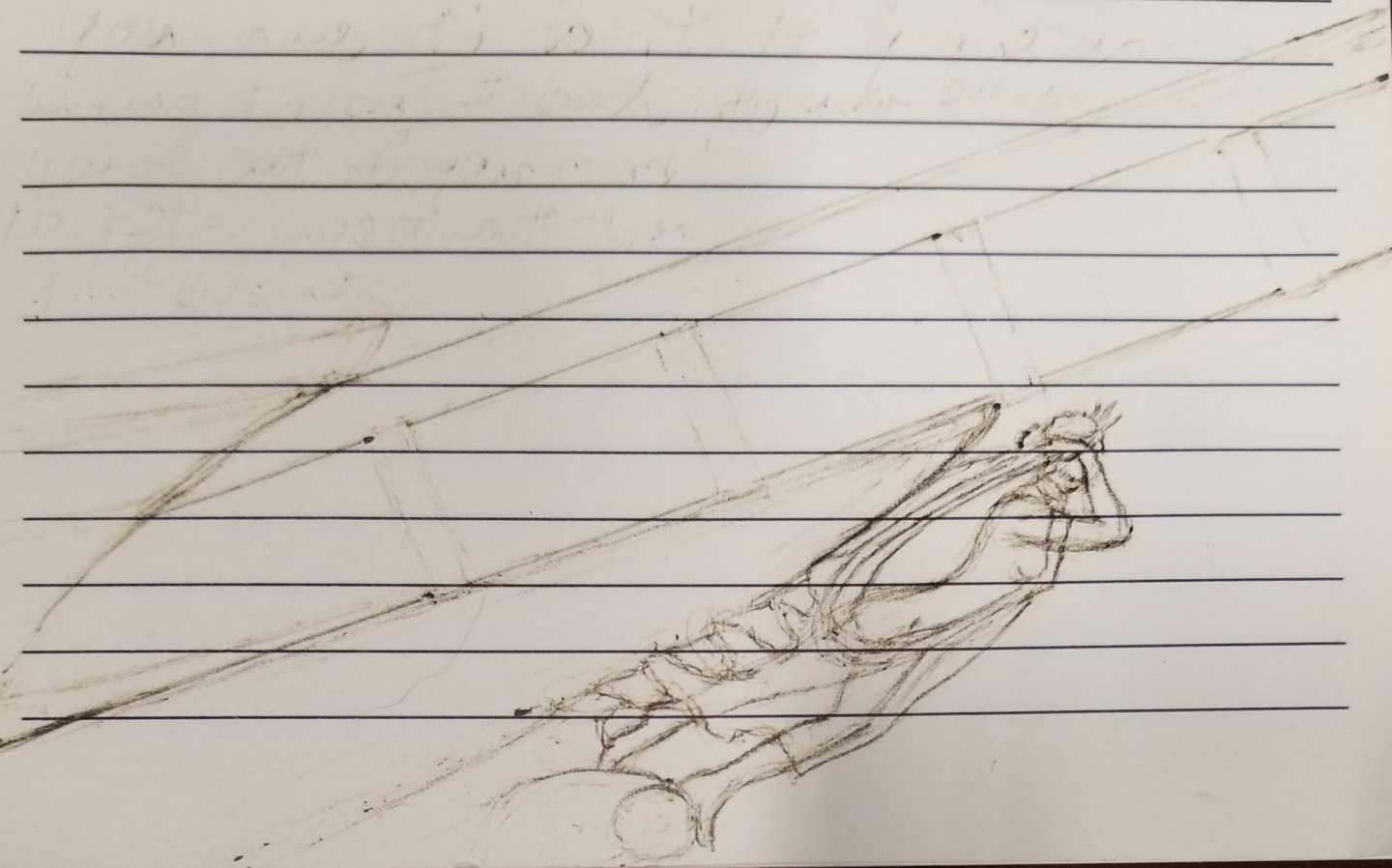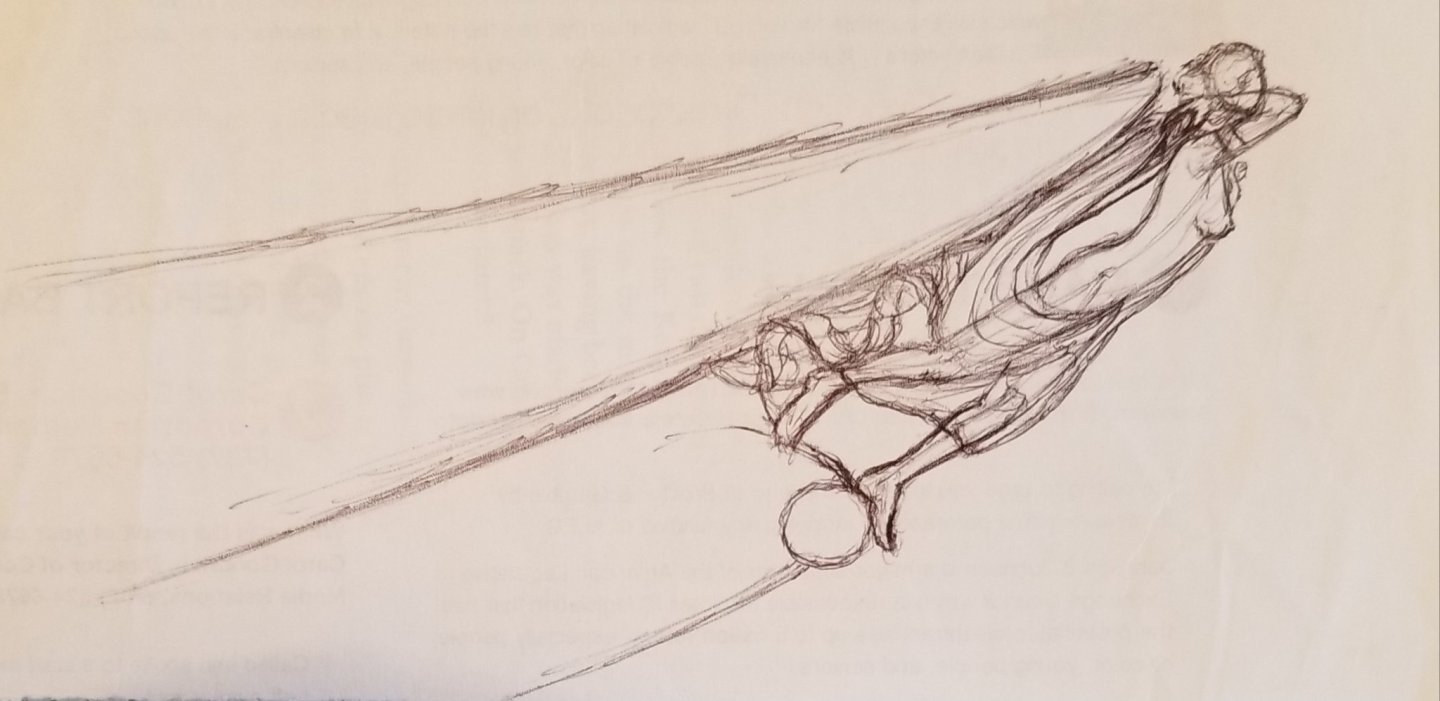-
Posts
2,171 -
Joined
-
Last visited
Content Type
Profiles
Forums
Gallery
Events
Everything posted by ClipperFan
-
Druxey, thanks for enlightening me as to the opposite phrase!
- 3,560 replies
-
- clipper
- hull model
-
(and 2 more)
Tagged with:
-
Rob, Vladimir, rom the MAAS Museum, Australia comes this beautiful half Hull model by Ron Haug, of the 1855 McKay Australian James Baines 'Black Ball' Line Clipper "Donald McKay, Here's an article from the Museum's site: https://collection.maas.museum/object/570557
- 3,560 replies
-
- clipper
- hull model
-
(and 2 more)
Tagged with:
-
Rob, here's what I learned about the depth of "Glory of the Seas" Keel & Backbone. When you count all the timbers bolted together above the Keel, it's between 11'10" to 12'6" depending if you count her 8" Bulwark Stanchions (which Duncan MacLean did count in his description of "Stag Hound" having a 9' Backbone. 1869 Medium Clipper "Glory of the Seas" LOA 265' displacement 2,102 tons Keel moulded 24" & Shoe 5" total 29" Floor Timbers moulded 20" Bulwark Stanchions kneed to Beams above & Keelson below moulded 8" 3 Midship Keelsons ea moulded 16" total 48 3 layers of Thick Work ea moulded 15" total 45" Moulded total 150" = 12'6" 1852 Clipper "Sovereign of the Seas" LOA 265' displacement 2,421 tons 11'8" "through the backbone" including mouldings of Floor Timbers. 1850 Extreme Clipper "Stag Hound" LOA 226' displacement 1,600 tons Possibly because she was the largest merchant vessel in the world at her time of launch, McKay's revolutionary new Extreme Clipper "Stag Hound" was described in great detail, especially in components which comprised her 'backbone.' Keel combined with Shoe moulded 46" (3' 10") Floor Timbers on Keel moulded 14-16" 3 Midship Keelsons combined moulded 42" Hold Stanchions kneed to Beams above and Keelson below 10" square, including these make her "9' "through the backbone" Total moulded depth 107" (9'11") 1851 Extreme Clipper "Flying Cloud" LOA 235' displacement 1,750 tons "nearly 9' through the backbone." [in reality 9'3"] Keel [& Shoe] moulded 44" (37" clear of the Garboards) Floor Timbers moulded 12" 3 depths of Midship Keelsons moulded 45" 2 Keelsons moulded 10" Total moulded depth 111" (9'3") 1851 Extreme Clipper "Flying Fish" LOA 220' displacement 1,566 tons 9'6" through the backbone Keel (& Shoe) moulded 3'2" (38") Floor Timbers moulded 18" 2 Midship Keelsons ea moulded 15" (combined total 30") 2 Bilge Keelsons ea moulded 14" (combined total 28") Total moulded depth 114" (9'6") 1851 Clipper Packet "Staffordshire" LOA 240' displacement 1,900 tons "9'8" through the backbone." [in actuality 10'6"] Keel (& Shoe) moulded 48" (4') Floor Timbers moulded 18" 3 Midship Keelsons combined moulded 5' (60") Total moulded depth 126" (10'6") 1853 Clipper Packet "Star of Empir zeee" LOA estimated 239' displacement 2,000 tons "Whole depth from top of Midship Keelsons to bottom of Keel [including Shoe] is 9 1/2 feet" [in actuality including 5" Floor Ceiling & 2 16" square Bilge Keelsons of 32" her 'Backbone' was 12'7"] Keel (& Shoe) in 2 depths moulded 32" Floor Timbers moulded 18" 4 Midship Keelsons ea 16" square total 64" (5'4") total moulded depth 114" (9'6") Floor Ceiling 5" thick 2 Bilge Keelsons 16" square (32") total through 'Backbone' 151" (12'7") 1855 Clipper "Donald McKay" LOA 266' displacement 2,588 tons 11'11" through the Backbone Keel (& Shoe) moulded in 2 depths 16" ea total 32" Floor Timbers moulded 20" Midship Keelsons in 4 depths, ea 16" square, total 64" (5'4") Ceiling on Floor 5" thick Ceiling above Bilge 12" Ceiling above that 10" total moulded depth 143" (11'11") In conclusion "Glory of the Seas" having a depth of 12'6" through "the Backbone" is consistent with increased size and carrying capacity of thes massive ships of Donald McKay.
- 3,560 replies
-
- clipper
- hull model
-
(and 2 more)
Tagged with:
-
Vladimir, you are absolutely right. Look very closely at her Stern in the 1869 fitting out scene. There's just a hint of her carvings. In the tradition of the time, there would most likely be a small amount of floral decorations over her name and Port of Hail, which probably was originally Boston. The more elaborate embellishments would be below her identifying information. It most likely would have echoed the elaborate work seen on her cutwater.
- 3,560 replies
-
- clipper
- hull model
-
(and 2 more)
Tagged with:
-
Rob, the rather colorful background story of the inspiration behind the name "Cutty Sark" has always fascinated me. Apparently Robert Burns is the national poet laureate of Scotland and his Birthday is practically a holiday. I'm glad you're still talking with Mike, I haven't gotten an email from him since he sent the impressive scene of Glory's Stern. I wonder if it's because I'm still using the personal email given to me months ago instead of the one "theAuthorsDaughter" gave us? One other construction detail I noticed in Mike's cross section. Other Clippers of Glory's size had Keels of 11'. I'll detail how the same can be discovered of her.
- 3,560 replies
-
- clipper
- hull model
-
(and 2 more)
Tagged with:
-
Vladimir, thank you! You shared a bit of "Cutty Sark" design history that previously, I never knew existed. Too bad Victorian society wouldn't have accepted such a lovely stern. This would have tied the Bow and Stern together so much better. Tam O'Shanter and his Trusty grey mare Maggie are neatly portrayed on the Port while a bag piping demon is on the Starboard. Meanwhile 'Nannie Dee' dancing is even prettier in this sketch than on her figurehead. She even appears to be smiling too. There's just enough clarity on the Port side to read "Weel Done, Cutty Sark!" in the flowing scroll below her top counter but try as I might, I cannot make out what's inscribed on the Starboard side. Can you? Do you know if there's a more detailed image of this? It's unfortunate that, to my knowledge "Glory of the Seas" has very few scenes of her embellished rear Stern, which most likely echoed the beautiful flowery carving of her Cutwater arch.
- 3,560 replies
-
- clipper
- hull model
-
(and 2 more)
Tagged with:
-
In an earlier post which apparently didn't get saved, I compared the dimensions of "Cutty Sark" vs "Glory of the Seas." To put it mildly Glory would have dwarfed the Scottish Clipper. "Glory of the Seas" Wooden Medium Clipper 1869 Designer, Builder Donald McKay East Boston, Massachusetts 2,102 tons (1,139 tons larger) Keel: 240'2" (38'2" longer) LOA: 265' (ratio .96) (53' longer) Total with Jibboom: 322' (42' longer) 3 decks (1 deck deeper) Depth of Hold: 28 1/2' (7 1/2' deeper) "Cutty Sark" Composite Extreme Tea Clipper 1869 Designer Hercules Linton Owner Jock Willis Dumbarton, Scotland 963 tons Keel: 202' LOA: 212' (ratio .952) Total with Jibboom: 280' 2 decks Depth of Hold: 21'
- 3,560 replies
-
- clipper
- hull model
-
(and 2 more)
Tagged with:
-
Vladimir, Michael Mjelde told me that one the most exciting events of his promotional tour for his 1970 book 'Glory of the Seas' was a stop at India House, Manhattan. There he was able to see the Goddess 'Athene' figurehead close up. He also got to rub elbows with the world famous miniaturist Donald McNarry. He said he managed to get some black & white and color pictures of the figurehead. So far he hasn't been able to locate them. I'm still hoping he does one day. Meanwhile, I'm not sure how familiar you are with the inspiration of Jock Willis' famous Dumbarton Tea Clipper "Cutty Sark." Portrayed here is the original lovely Figurehead of the comely Witch 'Nannie Dee' as sketched by the Ship's designer Hercules Linton. Since her current 60 year old Figurehead has dry rot, they're currently carving her replacement which appears to be much closer than the one mounted to her Bow now. There's a fantastic tale behind the creation of "Cutty Sark" which refers back to a pivotal scene in Robert Burns' epic poem about the misadventures of Scotland's most infamous town drunk 'Tam O'Shanter' and his loyal mount 'Maggie.' Burns' tale made use of familiar landmarks still standing today. After imbibing at his favorite watering hole, Tam stumbles on a incredible scene of witches, warlocks, devils and demons cavorting in wild abandon. Chief amongst them is a scantily clad witch 'Nannie' whose enthusiastic seductive dancing in a too short chemise gets Tam to exclaim 'Weel Done, Cutty Sark!" (In Scottish Cutty Sark means short shirt) This leads to a life or death chase with Tam barely making it across the 'Brig O'Doon.' Fortunately hobgoblins can't cross beyond the keystone of a bridge. However Tam's loyal steed 'Maggie' pays for his foolishness with the loss of her long tail, still in the grasp of the furious witch 'Nannie Dee!' So now, in the immortal words of famous radio personality 'Paul Harvey' you know the "rest of the tale."
- 3,560 replies
-
- clipper
- hull model
-
(and 2 more)
Tagged with:
-
Vladimir, Off and on since 2009 I've been living with Glory's stunning Grecian Goddess Athene. Here are 2 of my better sketches. The top is probably most accurate but she's a little too low. However, these were done many years before Michael Mjelde's magnificent images were shared with us. I'll get right on this. I'll endeavour to do one each in 1:72nd and 1:96th scale. At 1:72nd it will be 1&1/4" and at 1:96th it's 13/16th of an inch. Piece of cake!
- 3,560 replies
-
- clipper
- hull model
-
(and 2 more)
Tagged with:
-
Rob,I saw both miniature figureheads years ago. Based on the limited knowledge available on Glory's figurehead, you did a credible job. I suspect because the Tartan McKay figurehead was less complicated in comparison, your effort was more refined. Both must have been quite a challenge considering their diminutive size. Meanwhile, Rob and Vladimir, here's a fascinating article on how a modern day replica of a full scale ship's figurehead is carved. What surprised me was the bread & butter use of laminates to form a rough outline of the whole. After 60 years of exposure to the elements, Scottish Clipper Ship 'Cutty Sark' Figurehead Witch 'Nannie Dee' of Robert Burns' famous poem "Tam O'Shanter" has developed dry rot and is getting a much improved replacement. This Witch will more closely resemble Hercules Linton's beautiful sketch. The existing figurehead was a copy of the Ship's Carpenter's version after her original one was lost at sea. With the advent of 3D printers, I was thinking if I could sketch enough images, maybe that's a solution which could be employed. Here's a link to the article: https://www.maritimawoodcarving.co.uk/maritima-commissions/the-cutty-sark/
- 3,560 replies
-
- clipper
- hull model
-
(and 2 more)
Tagged with:
-
Rob, keeping all elements to scale as much as realistically possible will help maintain a sense of the true massiveness of "Glory of the Seas." To do any less would only mar an overall impression of our efforts. I imagine it will be a combination of materials, whatever works best, to achieve the desired results. To do this, each item will need to be meticulously accurate. For example, at 1:96th scale, our 90" tall Athene figurehead will have to be 15/16ths of an inch! This is going to be real interesting....
- 3,560 replies
-
- clipper
- hull model
-
(and 2 more)
Tagged with:
-
Rob, here's the scale conversion calculator resource: https://www.inchcalculator.com/scale-calculator/ It's pretty neat. You can plug in any full sized dimension from a real ship and it will automatically convert it to any scale dimension chosen.
- 3,560 replies
-
- clipper
- hull model
-
(and 2 more)
Tagged with:
-
Rob, when it comes to scale accuracy, you're absolutely right. Oversized elements totally ruin an impression of actual size. 1:96 scale: 96' = 12", so 1" = 8', 1/2" = 4', 1/4" = 2', 1/8" = 1', 1/16" = 6'', 1/32" = 3'', 1/64" = 1 1/2". The Keel of Glory was 16" or 1' 4". Using an online calculator, 1:96th scale of 16" = 0.1667 which translates to 2". I'll find the link to share it.
- 3,560 replies
-
- clipper
- hull model
-
(and 2 more)
Tagged with:
-
Rob at 1:96th scale, 16" becomes 2". If you have enough of an indent into Bow, Keel and Stern, that should work.
- 3,560 replies
-
- clipper
- hull model
-
(and 2 more)
Tagged with:
-
Vladimir, Wow! That's such beautiful work. So, is your day job merely crafting violins? Between you and Rob I feel like a toddler amongst Gods, when it comes to modeling skills. I would love to see the 18th Century vessel you're modeling too.
- 3,560 replies
-
- clipper
- hull model
-
(and 2 more)
Tagged with:
-
Rob, I think we can all agree that Ed is an artisan whose productions will last for Centuries and would rightly be at home in any Museum like the Smithsonian. I'm impressed with your "Great Republic" and can't wait to see this 3rd effort of "Glory of the Seas."
- 3,560 replies
-
- clipper
- hull model
-
(and 2 more)
Tagged with:
-
Rob, I don't mean to insult your intelligence but Model Expo has all sorts of Ship modeling resources, including various strips of wood for planking.
- 3,560 replies
-
- clipper
- hull model
-
(and 2 more)
Tagged with:
-
Vladimir, At one time American Clippers were revolutionary concepts to the rest of the nautical world. For Centuries, literally Great Britain had a stranglehold Monopoly on shipping Tea from China. That business was the 'East India Tea Company.' They set what can only be called a leisurely pace. So leisurely in fact that every night they would take in all the sails and simply drift. When England finally revoked the Monopoly laws in the 1850s and allowed foreign competition, American Clippers brought Chinese Tea to market in a revolutionary short time. This stunned British Merchants which scrambled to catch up. Tragically USA's horribly cataclysmic Civil War destroyed America's dominance when Confederate Raiders destroyed so many of our fast sailing ships. America never recovered from that event. If you want to learn about the many incredibly beautiful American Clippers, Google 'Lars Bruzelius' for his magnificent resource of dozens of amazing American Clipper Ships which dwarfed their British counterparts.
- 3,560 replies
-
- clipper
- hull model
-
(and 2 more)
Tagged with:
-
Rob, maybe you could ask Ed T who's done the magnificent "Young America" build, where he gets his supplies from.
- 3,560 replies
-
- clipper
- hull model
-
(and 2 more)
Tagged with:
-
Vladimir, you can make mine 1:96th too. This is just so incredibly exciting!
- 3,560 replies
-
- clipper
- hull model
-
(and 2 more)
Tagged with:
-
Rob, agreed about Glory's flat bottom. It appears that over the years, Donald McKay concluded that a slight drop in relative speed over what was effectively a three month journey around the toughest seas on the planet, a gain in carrying capacity more than outweighed that loss of a relatively few days. Which brings me back to Glory's Bow and underwater profile. From various photos, she appears to have had as sharp a prow as "Flying Fish" and "Staghound". This too would make sense because a sharp, aggressive prow is necessary to batter it's way through the mighty, powerful seas around Cape Horn. It's also apparent that Glory's 7' sheer is the largest one I've read about. Again having a higher Prow would also benefit in taking on those Seas and likely having a drier vessel. Besides which, pretty much all of McKay's vessels were famous for their swiftness, even his Packets.
- 3,560 replies
-
- clipper
- hull model
-
(and 2 more)
Tagged with:
-
Rob, Since I mentioned relative flatness as being the principal reason why "Glory of the Seas" is classified as a Medium Clipper vs others we're comparing, I looked up that specific metric for the following vessels. Here are the results: DEADRISE AT HALF-FLOOR "Staghound" 40" "Flying Cloud" 30" "Flying Fish" 20" "Glory of the Seas" 8 1/2"
- 3,560 replies
-
- clipper
- hull model
-
(and 2 more)
Tagged with:
-
Rob, As I double checked established ratios of the vessels we're discussing, I got a surprise. While Floor to Keel ratios of all 3 ships are identical .96% applying "Glory of the Seas" LOA to Keel ratio of .905 to "Staghound" and "Flying Fish" measurements for LOA to Keel gave the following amazing results: "Staghound" LOA: 226' actual, Keel 204.53' 2.47' SHORTER using Glory's ratio "Flying Fish" LOA: 220' actual, Keel 199.10' 2.90' SHORTER with Glory's ratio For comparison, to show how much SHARPER Glory's waterline to LOA was, here's the most Extreme Clipper "Flying Cloud" using Glory's ratio: "Flying Cloud" LOA: 235' actual, Keel 212.68 4.68' LONGER with Glory's ratio Conclusion. My previous results were calculated EXACTLY BACKWARDS for "Glory of the Seas" vs "Staghound" and "Flying Fish" when it came to properly interpreting ratio comparisons. That means Glory's LOA to Keel ratio is actually slightly MORE AGGRESSIVE than either of those Extreme Clippers. By every metric I use, other than measurement of 'deadrise at half floor' which identifies a vessel's relative underwater 'roundness', I see Glory's ratio as being very aggressive vs some of McKay's most Extreme Clippers. I think you and Vladimir can be very comfortable with the direction we're going in finally resurrecting Donald McKay's last Extreme Medium Clipper.
- 3,560 replies
-
- clipper
- hull model
-
(and 2 more)
Tagged with:
-
Vladimir, although I haven't done anything like this for many decades, I'm intrigued by a chance to get my own set of authentic "Glory of the Seas" bulkheads. Please let us know what you'd need to make it worth your while.
- 3,560 replies
-
- clipper
- hull model
-
(and 2 more)
Tagged with:
-
Rob, As Michael Mjelde reminded me before, Duncan MacLean's descriptions cannot always be taken as 100% reliable. My sole source for Ship measurements have been his very descriptive Boston Daily News articles, all available online on Lars Bruzelius's website. However, when it came to the one chosen to write the most in-depth description of "The Great Republic" Donald McKay's largest vessel ever built, it was Duncan MacLean who was given the nod. So as a publicist, which is always how I've appreciated Mr MacLean's works, he must have been second to none. As for the most reliable source for vessel sizes and tonnage Mike told me that "admeasurement" which is how Ships were registered, is most accurate. In his 1st book "Glory of the Seas" registration is reproduced. She had a 240'2" keel admeasurement. Mike has also said the actual keel's length might have been 235' with the 5'2" difference made up by the curved Stem attachment. I would like to know your other resource for the 2050 ton weight for the twin Packets. You're also correct that these vessels don't match Glory's profile up to the waterline. That's why I identified "Staghound" and "Flying Fish" instead. Since the difference between those two was 1' and there was a verified tracing of "Flying Fish" available, I chose to recommend her as the closest resource to pattern Glory's Bow after.
- 3,560 replies
-
- clipper
- hull model
-
(and 2 more)
Tagged with:
About us
Modelshipworld - Advancing Ship Modeling through Research
SSL Secured
Your security is important for us so this Website is SSL-Secured
NRG Mailing Address
Nautical Research Guild
237 South Lincoln Street
Westmont IL, 60559-1917
Model Ship World ® and the MSW logo are Registered Trademarks, and belong to the Nautical Research Guild (United States Patent and Trademark Office: No. 6,929,264 & No. 6,929,274, registered Dec. 20, 2022)
Helpful Links
About the NRG
If you enjoy building ship models that are historically accurate as well as beautiful, then The Nautical Research Guild (NRG) is just right for you.
The Guild is a non-profit educational organization whose mission is to “Advance Ship Modeling Through Research”. We provide support to our members in their efforts to raise the quality of their model ships.
The Nautical Research Guild has published our world-renowned quarterly magazine, The Nautical Research Journal, since 1955. The pages of the Journal are full of articles by accomplished ship modelers who show you how they create those exquisite details on their models, and by maritime historians who show you the correct details to build. The Journal is available in both print and digital editions. Go to the NRG web site (www.thenrg.org) to download a complimentary digital copy of the Journal. The NRG also publishes plan sets, books and compilations of back issues of the Journal and the former Ships in Scale and Model Ship Builder magazines.

